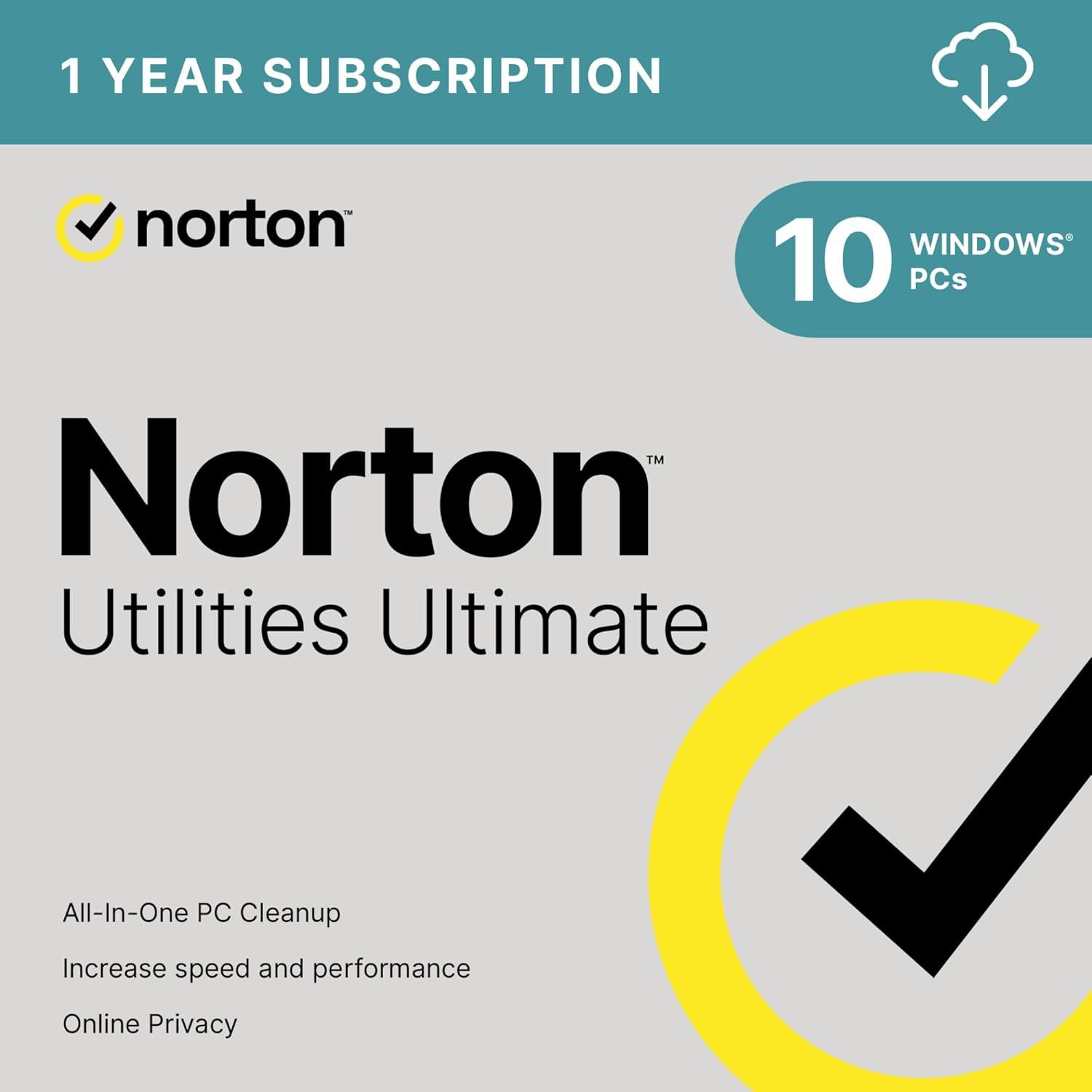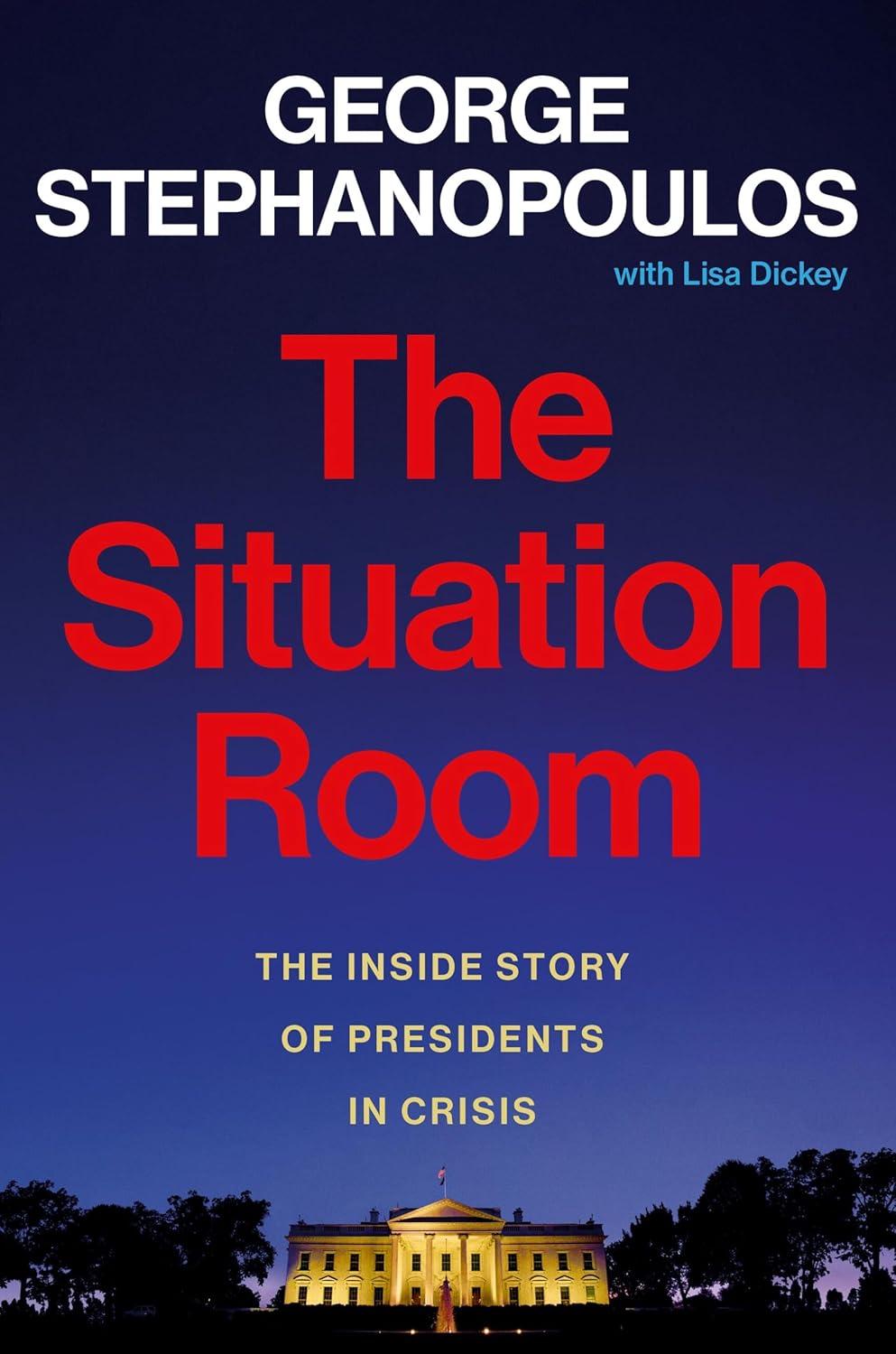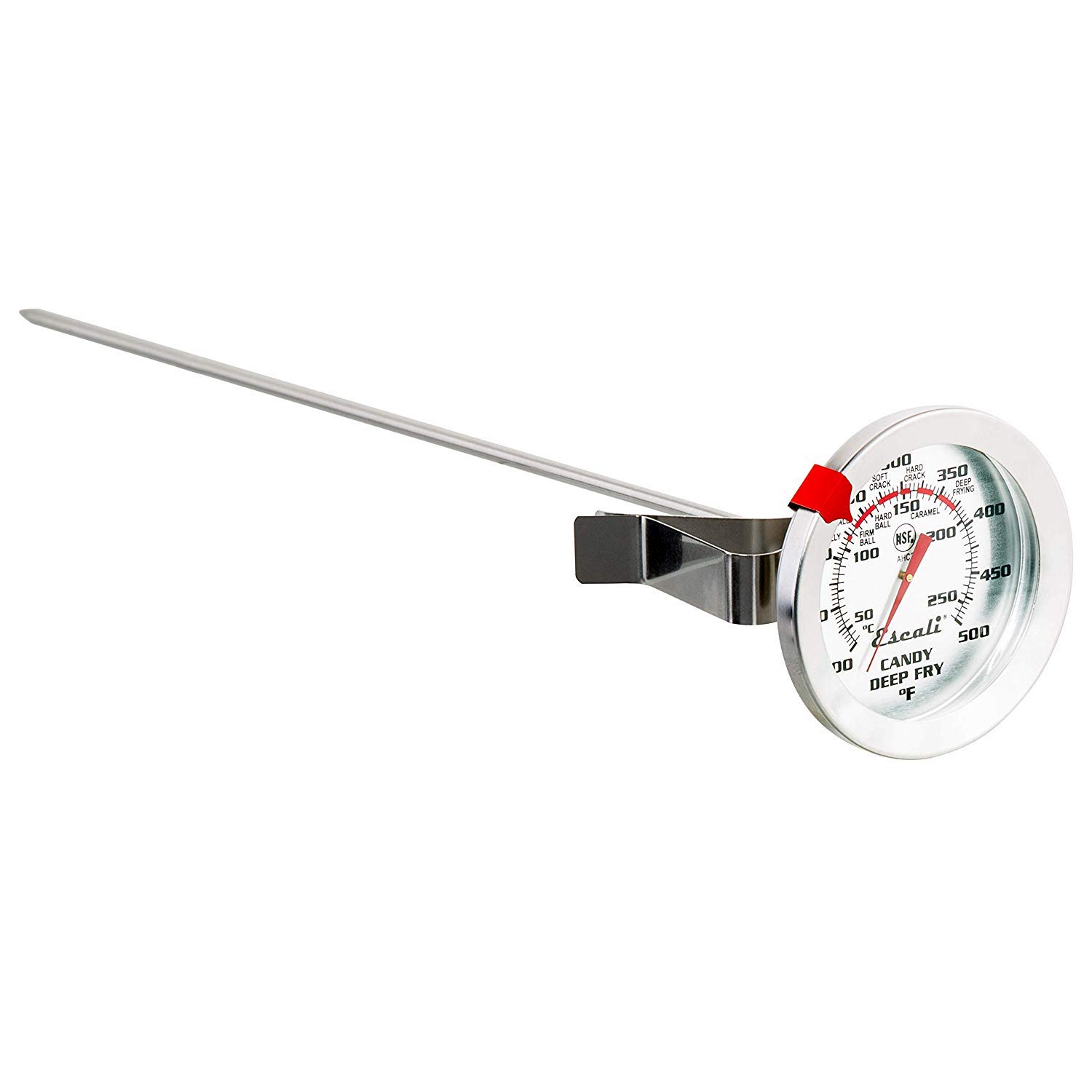





Price: $19.99
(as of Apr 07, 2025 17:10:13 UTC - Details)
What is the Best Time to Go to the Gym?
Introduction
If you’re wondering what is the best time to go to the gym, you’re not alone. Many people struggle with finding the right time to fit their workouts into a busy schedule. Whether you’re an early bird or a night owl, understanding your body’s natural rhythms can help you maximize your gym time. In this article, we’ll explore various factors that influence the best time to hit the gym, including energy levels, convenience, and personal goals. We’ll also cover related long-tail keywords that can guide you in making the best decision for your fitness journey.
Understanding Your Body’s Natural Rhythms
Morning Workouts
One popular long-tail keyword is "benefits of morning workouts." Many fitness enthusiasts swear by early morning exercise. Working out in the morning can kick-start your metabolism, boost your energy levels throughout the day, and improve your mood. Studies suggest that people who exercise in the morning are more consistent with their routines. If you have a busy day ahead, squeezing in a workout before the world wakes up can be a game-changer.
Morning workouts often come with fewer distractions, allowing you to focus entirely on your fitness goals. Plus, the satisfaction of getting your workout done early can set a positive tone for the rest of your day. However, it’s essential to consider whether you’re a natural morning person; if not, forcing yourself to rise early might lead to burnout.
Midday Workouts
Another key phrase is "advantages of midday workouts." If mornings aren’t your thing, consider hitting the gym during your lunch break or mid-afternoon. This time can be particularly effective if you need a mental reset. A quick workout can help reduce stress and improve focus for the rest of your workday.
Midday workouts often allow you to enjoy less crowded gyms, especially if you choose less popular hours. Plus, it breaks up the monotony of sitting at a desk all day. Just make sure to plan your meals accordingly so you have enough energy to power through your workout without feeling sluggish.
Evening Workouts
The phrase "is it okay to workout at night?" often pops up for those who prefer to exercise after a long day. Evening workouts can be a great way to unwind and relieve stress accumulated throughout the day. Many people find that they have more strength and stamina later in the day, making it an excellent time for strength training or high-intensity workouts.
However, consider how exercising at night affects your sleep. For some, a vigorous workout too close to bedtime can interfere with sleep quality. If you find yourself energized after a workout, it might be worth experimenting with different evening times to see what works best for you.
Finding the Right Schedule for You
Listen to Your Body
A critical long-tail keyword here is "how to listen to your body for workout timing." Understanding your body’s signals is vital. Some people feel more energized at certain times of the day. Keeping a journal of your energy levels and performance can help identify patterns.
If you notice spikes in energy in the morning, it makes sense to schedule workouts then. Conversely, if you feel sluggish but more energetic in the evening, that might be your ideal time. The key is to experiment and find what feels best for you.
Consistency is Key
Another essential point is "the importance of workout consistency." No matter what time you choose, sticking to a regular schedule is crucial. Consistency helps your body adapt and improves your long-term results. It’s better to establish a routine you can stick with rather than jump around different times that may not suit you.
If you’re unsure about which time works best, try to keep a consistent schedule for a few weeks. Pay attention to how you feel, both physically and mentally. Adjust as needed based on your observations.
Social Factors
The keyword "impact of social factors on workout timing" highlights that your gym time can also depend on your social life. If you enjoy group classes or working out with friends, you might prefer busier gym hours. However, if you’re looking for solitude or focused workouts, consider off-peak hours.
Engaging with others can enhance motivation, but it could also lead to distractions. Balancing social interaction with personal goals is essential for a fulfilling gym experience.
Conclusion
In conclusion, determining what is the best time to go to the gym depends on several factors, including your natural rhythms, daily schedule, and personal preferences. Whether you thrive in the morning, find midday workouts refreshing, or prefer the evening for your gym sessions, the most important thing is to listen to your body and remain consistent. By doing so, you can create a workout routine that not only fits into your lifestyle but also helps you achieve your fitness goals. Remember, the best time to go to the gym is ultimately the time that works best for you!



























